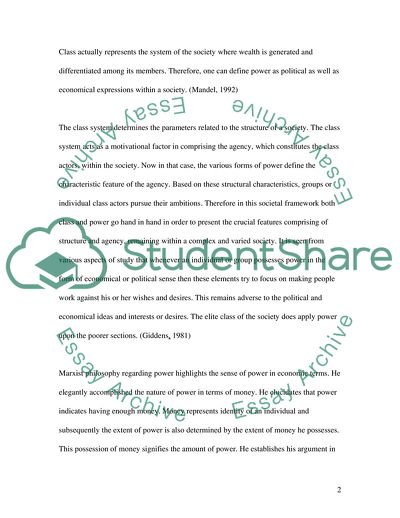Cite this document
(Sociological Approach to Power Assignment Example | Topics and Well Written Essays - 2000 words, n.d.)
Sociological Approach to Power Assignment Example | Topics and Well Written Essays - 2000 words. Retrieved from https://studentshare.org/sociology/1726694-how-would-a-sociologist-approach-the-study-of-power-discuss-with-reference-to-sociological-approaches-to-power
Sociological Approach to Power Assignment Example | Topics and Well Written Essays - 2000 words. Retrieved from https://studentshare.org/sociology/1726694-how-would-a-sociologist-approach-the-study-of-power-discuss-with-reference-to-sociological-approaches-to-power
(Sociological Approach to Power Assignment Example | Topics and Well Written Essays - 2000 Words)
Sociological Approach to Power Assignment Example | Topics and Well Written Essays - 2000 Words. https://studentshare.org/sociology/1726694-how-would-a-sociologist-approach-the-study-of-power-discuss-with-reference-to-sociological-approaches-to-power.
Sociological Approach to Power Assignment Example | Topics and Well Written Essays - 2000 Words. https://studentshare.org/sociology/1726694-how-would-a-sociologist-approach-the-study-of-power-discuss-with-reference-to-sociological-approaches-to-power.
“Sociological Approach to Power Assignment Example | Topics and Well Written Essays - 2000 Words”, n.d. https://studentshare.org/sociology/1726694-how-would-a-sociologist-approach-the-study-of-power-discuss-with-reference-to-sociological-approaches-to-power.


